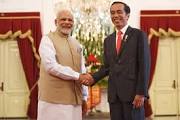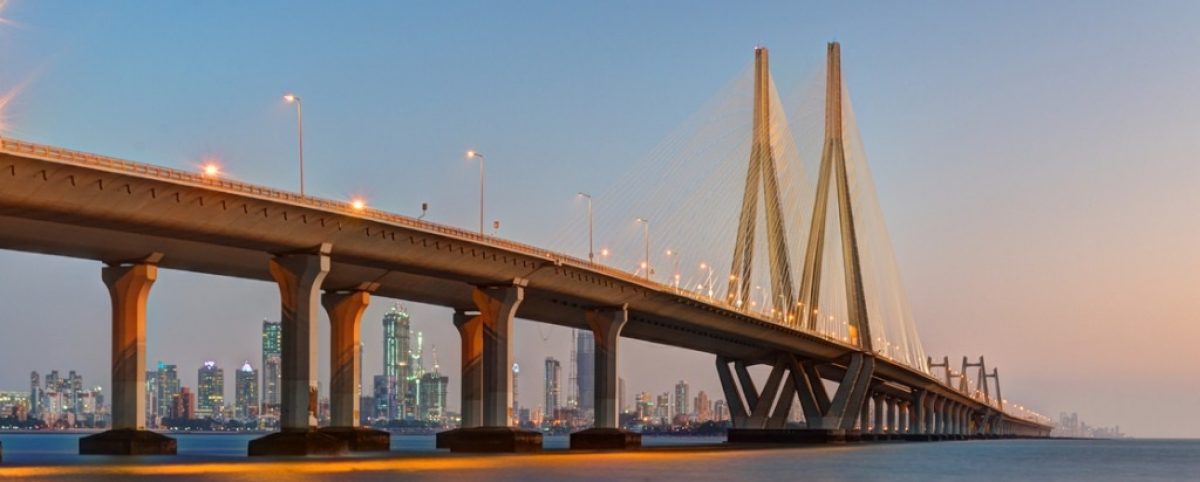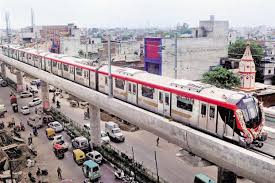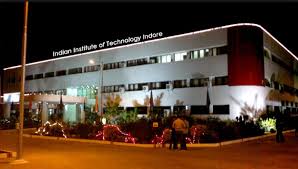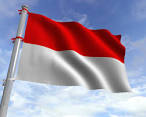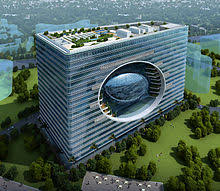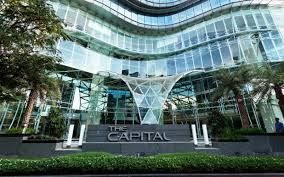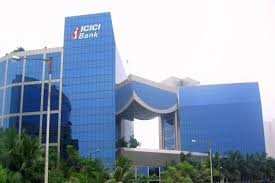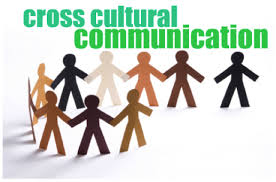Indonesia has agreed to give India economic and military access to the strategic island of Sabang at the northern tip of Sumatra and close to the Malacca Strait, an Indonesian minister said last week.
In a typically low profile way, both countries have done the deal in response to China’s Belt and Road Initiative and it signals a major shift in the attitude of Indonesia – it now wants to provide some “balance” to the China move.

Luhut Pandjaitan, Indonesia’s coordinating minister for maritime affairs and a former military officer, said India will invest in the port and economic zone of Sabang and build a hospital. He noted the port’s 40-metre depth is good for all types of vessels, “including submarines”. In time, he said, the coast guards of the two countries could also work together.
India’s Prime Minister Narendra Modi will visit Indonesia on May 31 and no doubt will announce more extensions to his “Act East” strategy.
An Indonesian official accompanying Pandjaitan said his understanding was that besides development of the port, Indian naval ships would be allowed to visit Sabang under the understanding.
The Malacca Strait is considered one of six choke points, or narrow channels, along widely used global sea routes. They are critical for global energy security because of the high volume of oil transported through narrow straits. At least 15 million bpd of oil flows through the Malacca Strait from West Asia and West Africa.
Pandjaitan outlined the reasons for closer bilateral cooperation. He was critical of China’s Belt and Road Initiative, saying: “We do not want to be controlled by BRI.” He also questioned China’s unilateral claims on the South China Sea, noting this includes parts of Indonesia’s maritime exclusive economic zone.
Indonesia had positioned a plan called the “global maritime fulcrum” that is “designed to balance the BRI”, he said. Indonesia and India are big enough that “we don’t have to lean towards any superpower, and this makes India a sensible partner for Indonesia”, he added.
This marks a major shift in Indonesia’s attitude towards China and India. Until recently, Jakarta had been reluctant to seek strategic alignment with New Delhi and was in two minds about Beijing’s role in the region.
More to come…
